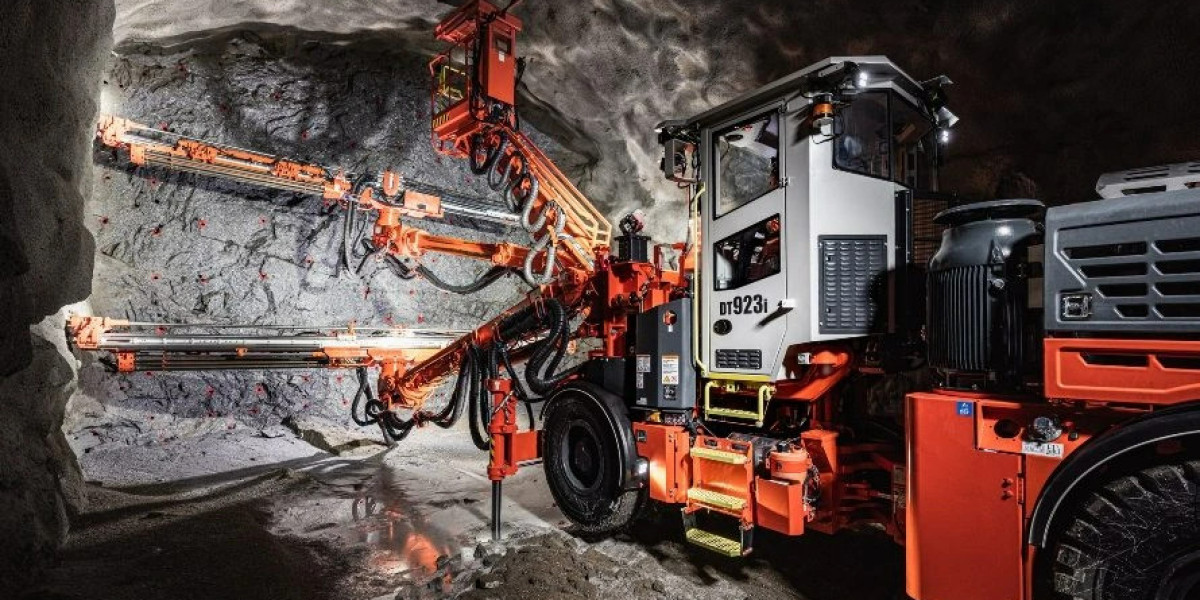The media industry, a constant kaleidoscope of storytelling and innovation, has found itself once again at the precipice of a paradigm shift. This time, the catalyst isn't a new printing press or broadcast signal, but rather the ever-evolving world of artificial intelligence (AI). From newsrooms to Hollywood studios, AI's tentacles are slowly creeping in, transforming the way we create, consume, and interact with media.
1. Content Creation on Autopilot:
One of the most visible impacts of AI lies in content creation. Gone are the days of painstaking manual processes; AI algorithms are now churning out articles, composing music, and even generating scripts. Algorithms like Narrative Science can generate human-quality news reports based on data, while tools like Amper Music help musicians generate original compositions. While these creations may not match the nuanced complexity of human art, they are undeniably efficient, freeing up valuable resources for more creative endeavors.
2. Personalization Gone Hyper:
Remember the days of stumbling upon hidden gems while channel surfing? In the age of AI, your media experience is becoming increasingly curated, often before you even realize it. Recommendation engines powered by AI algorithms analyze your viewing habits, social media interactions, and even location data to predict your next binge-worthy show or viral video. While this personalized approach can offer convenience and serendipity, it also raises concerns about echo chambers and algorithmic bias, potentially limiting our exposure to diverse viewpoints.








